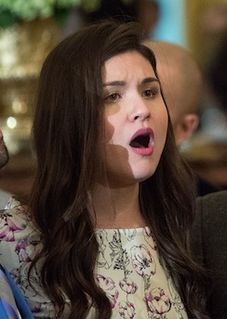A Quote by Martha C. Nussbaum
You can’t really change the heart without telling a story.
Related Quotes
Every story is flawed, every story is subject to change. Even after it is set down to print, between covers of a book, a story is not immune to alteration. People can go on telling it in their own way, remembering it the way they want. And in each telling the ending may change, or even the beginning. Inevitably, in some cases it will be worse, and in others it just might be better. A story, after all, does not only belong to the one who is telling it. It belongs, in equal measure, to the one who is listening.
I think that when I'm telling a story, I'm doing the best I can to tell the story as fully as I can, and if there are various fractures that happen in the story, then that's just the very thing that the story is as opposed to my looking for avenues of difference in one story. They just really do exist. For me, anyway.
I think that people have to have a story. When you tell a story, most people are not good storytellers because they think it's about them. You have to make your story, whatever story it is you're telling, their story. So you have to get good at telling a story so they can identify themselves in your story.
Your body is free but your heart is in prison. To release your heart, you simply reverse the process which locked it up. First you begin to listen for messages from your heart-messages you may have been ignoring since childhood. Next you must take the daring, risky step of expressing your heart in the outside world. . . . As you learn to live by heart, every choice you make will become another way of telling your story. . . . It is the way you were meant to exist. If you stop to listen, you'll realize that your heart has been telling you so all along.
You have to do three things really well to make a successful film. You have to tell a compelling story that has a story that is unpredictable, that keeps people on the edge of their seat where they can't wait to see what happens next. You then populate that story with really memorable and appealing characters. And then, you put that story and those characters in a believable world, not realistic but believable for the story that you're telling.








































